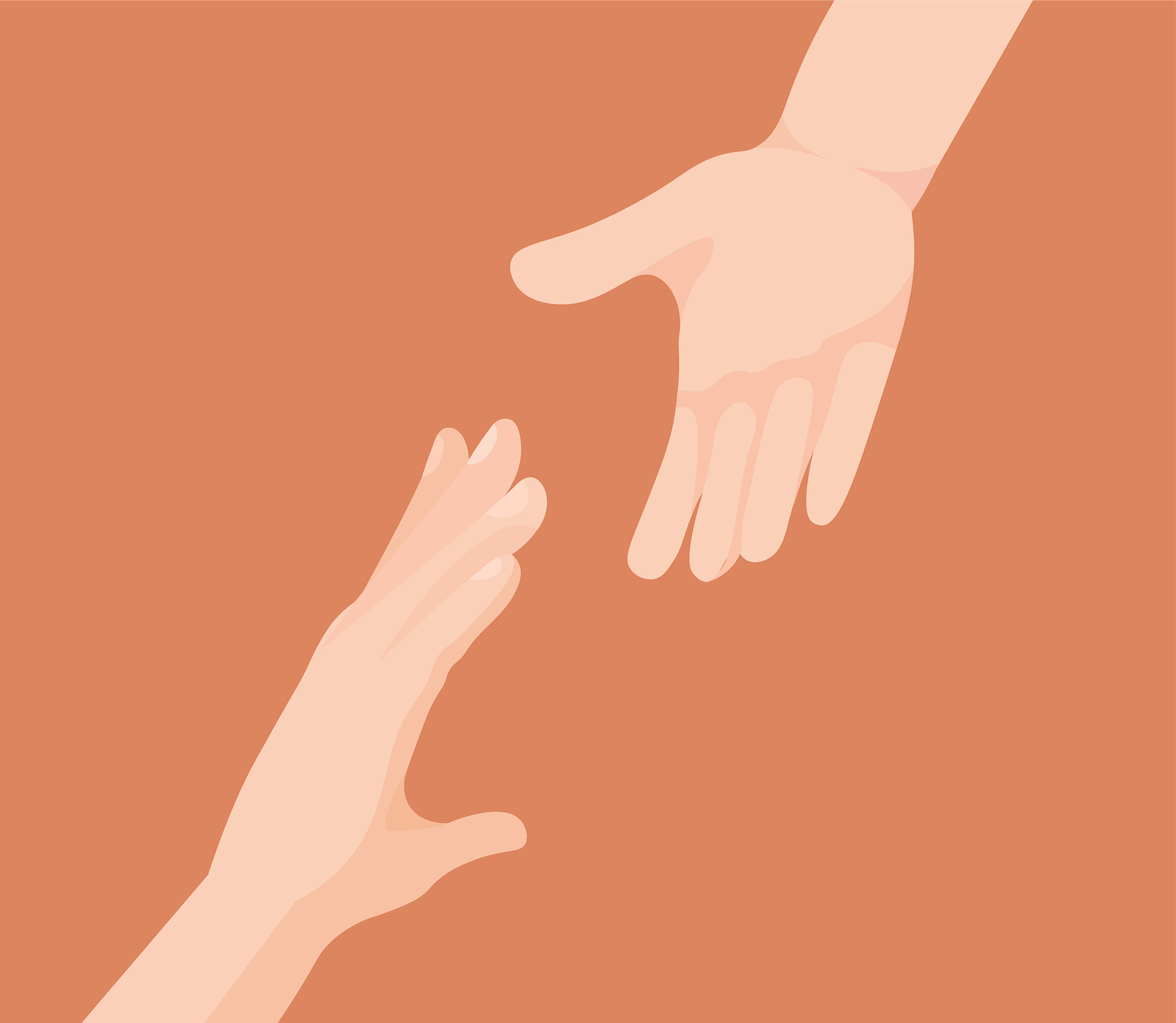In the beginning of April, as COVID-19 cases began to rise, the virus finally hit home. My parents came down with mild symptoms and isolated themselves.
Those two weeks were quite difficult. I had to look after my parents and my younger brother while taking care of our shop. The physical and mental fatigue pushed me to socially isolate myself.
When the first wave was at its peak, people in my residential area were not entirely following safety protocols. I used to warn my mother about the seriousness of the situation. One day, in frustration, I told her that people would take things more seriously only when the numbers they see on televisions started taking on faces.
A few weeks ago, my closest friend told me that his father had passed away due to COVID-19. Suddenly, that one face overshadowed all those numbers. Since then, people around me have been losing their close relatives, old neighbours and friends. Each day, more and more familiar faces are being lost. The death toll in the papers is not simply a number. It’s a father who has left his six-year-old daughter unaware of the loss that she is yet to grieve. It’s a mother who single-handedly raised her children, who are now left all alone. It’s that uncle who always asked about us in the family group. A friend whom we never saw after school. That neighbour with whom we used to share our food.
As I spoke to my friend who was grieving his father’s loss, I had a grave realisation. He was one of the most hopeful people I had ever known. He always found his way through life’s greatest tragedies. To hear from him that it’s hard to find hope was difficult. After many conversations, I was hit by a wave of despair.
I asked myself, what we would do when that day comes – that day which we have been waiting for for months. When everything goes back to normalcy. When we can finally meet each other without any fear. When we can see each other’s smile without a mask covering it. I asked myself, what will we would do when that day comes. What would be the value of happiness when people are no longer there to share it with?
Also read: What the Numbers Don’t Reveal
With each passing moment, this sense of helplessness grew. The safety of my loved ones felt like a privilege. A feeling similar to survivor’s guilt was consuming me. This was only aggravated by reading distress messages on social media, relentless calls for help. Videos and images of people crying and doing everything they can to save their loved ones. A woman giving CPR to her dying husband in an auto-rickshaw. A daughter abusing the government because the system looted her of her father’s life. People desperately waiting in long lines, begging for help before it gets too late. Doctors, in whom people have placed more trust than god, telling family members that they could not save their loved one’s life.
One cannot help but break down. Altogether, from inside. In our tradition, when somebody passes away, we mourn for a year. And this year feels exactly like that.
I had to do something. As a trainee counsellor, the value of listening to people is ingrained in me. Along with being a listener on a peer support system, I decided to re-join the mental health support helpline, with whom I had worked last year. I am a part of a team maintaining a repository of COVID=19 resources. Each day I verify contacts providing oxygen, food meals, call hospitals to check the availability of beds. I try to connect people in need of these resources to people who can offer them. This gives me hope. Even if there’s a tiny chance that I could help someone not see their loved one becoming just another number because of my phone calls, I feel accomplished.
I send out weekly newsletters, sharing stories to distract people from this mess. But, most importantly, I realise that I need to check up more often on the people I care for. The sheer momentum with which people’s lives are changing, you will never know what someone is going through. Yesterday itself, another old friend told me about losing her close relatives.
If you are reading this, call your friend whom you have not spoken to in a while. See how they are doing. You don’t necessarily have to talk about positive things. Crib together, cry together, laugh together. Because we are in this together.
Aakash is a trainee counsellor. He loves writing poems and believes that everyone has a story to share. So keep an eye out.
Featured image credit: Hatice EROL/Pixabay

